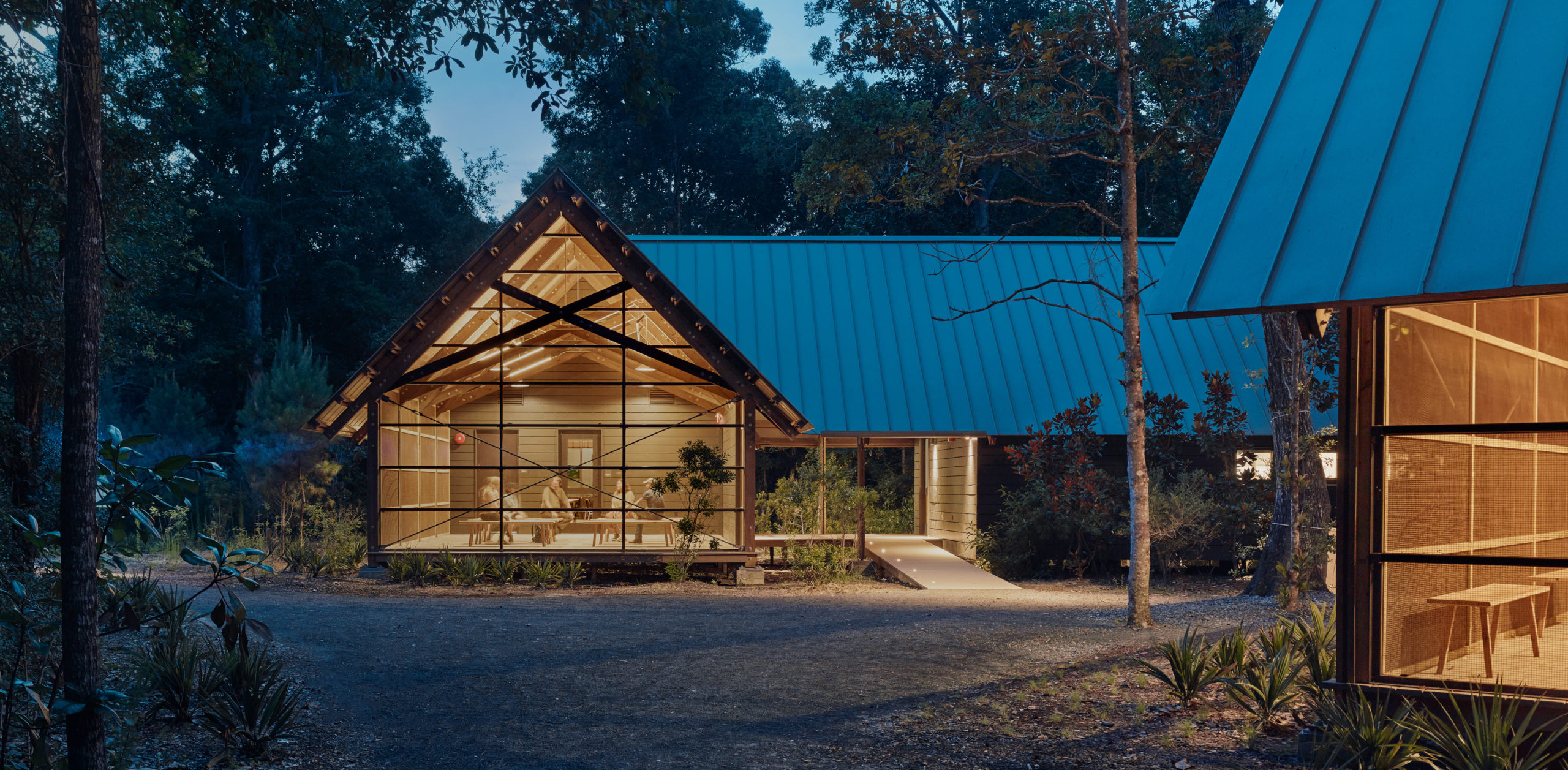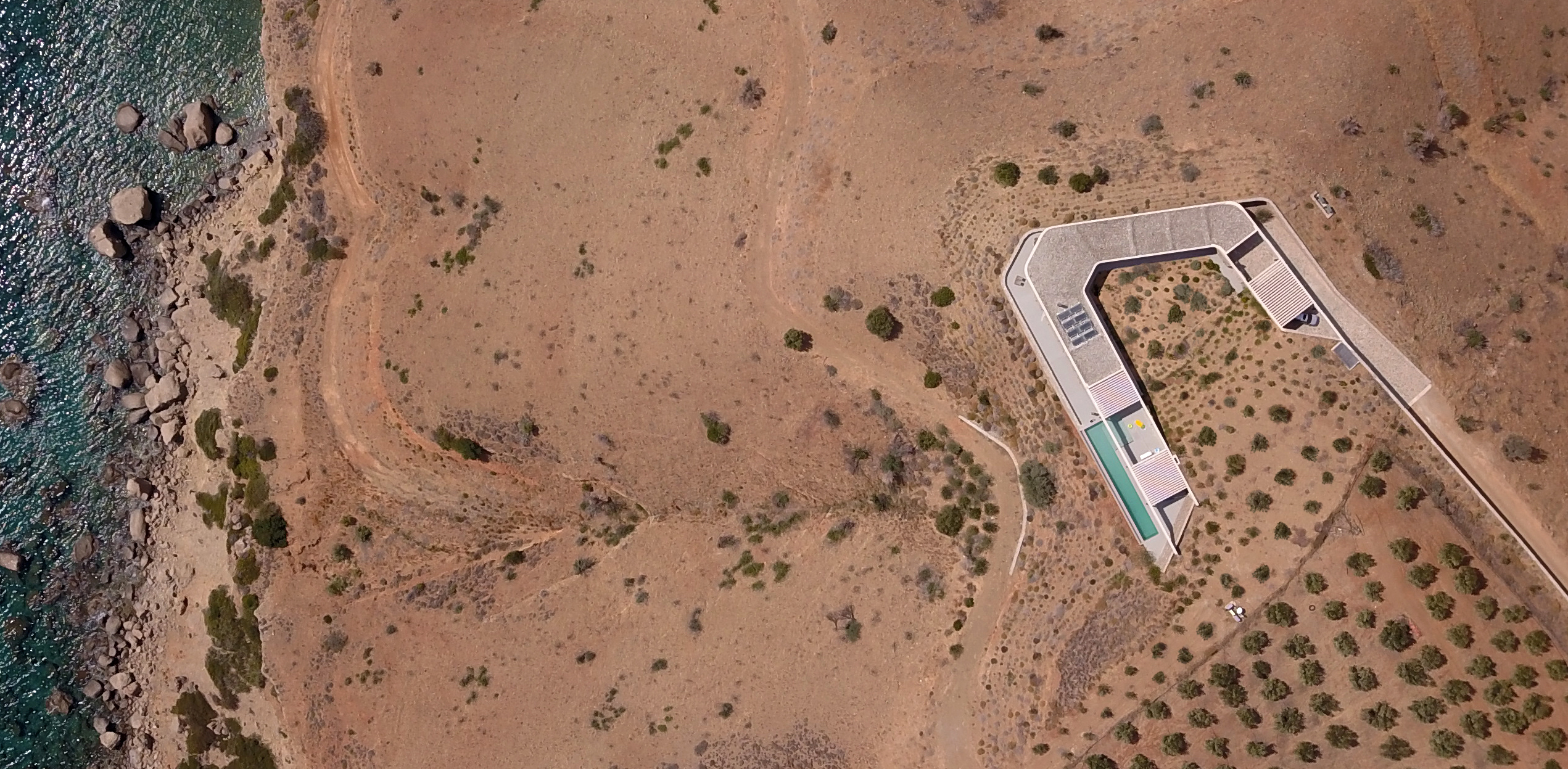Submit your firm’s best projects in the 9th Annual A+Awards for a shot at worldwide recognition and global publication. Click here to get started, and hurry: The final entry deadline is April 23rd, 2021.
It has now been 12 months since the word “coronavirus” entered the consciousness of the global public. Since then, billions of people have endured a shared experience that has engendered a wide range of intense emotions — from confusion, to sadness, to frustration and anger. Now, while the world continues to battle COVID–19 and a host of other climate related emergencies, a universal sense of introspection has emerged.
Architects are among those being asked — and asking themselves — a number of challenging questions. How might our built environment have contributed to the turmoil of the past year? Could care homes and hospitals be redesigned to reduce the risk of contagion in the future? With millions staying at home to limit the spread, how might remote working transform home design? And what might become of those open plan offices, designed for communal working but now sitting empty, awaiting a fresh layout and a new purpose?
While many of these questions may take years to answer, clues about the architecture of tomorrow can be found in the best buildings being designed and constructed today. The theme of the 9th Annual A+Awards, Architizer’s global awards program for innovative architecture and spaces, is incredibly pertinent: “Architecture for a Changing World” invites architects to submit recent projects that look to challenge the conventions of the profession, helping to create better and more resilient buildings for future generations.
What can we expect from the winners of this season’s program? Many of last year’s entries reveal the evolving nature of architects’ collective thinking, offering hints about how innovative design and construction firms are adapting to meet the most pressing needs of people today.
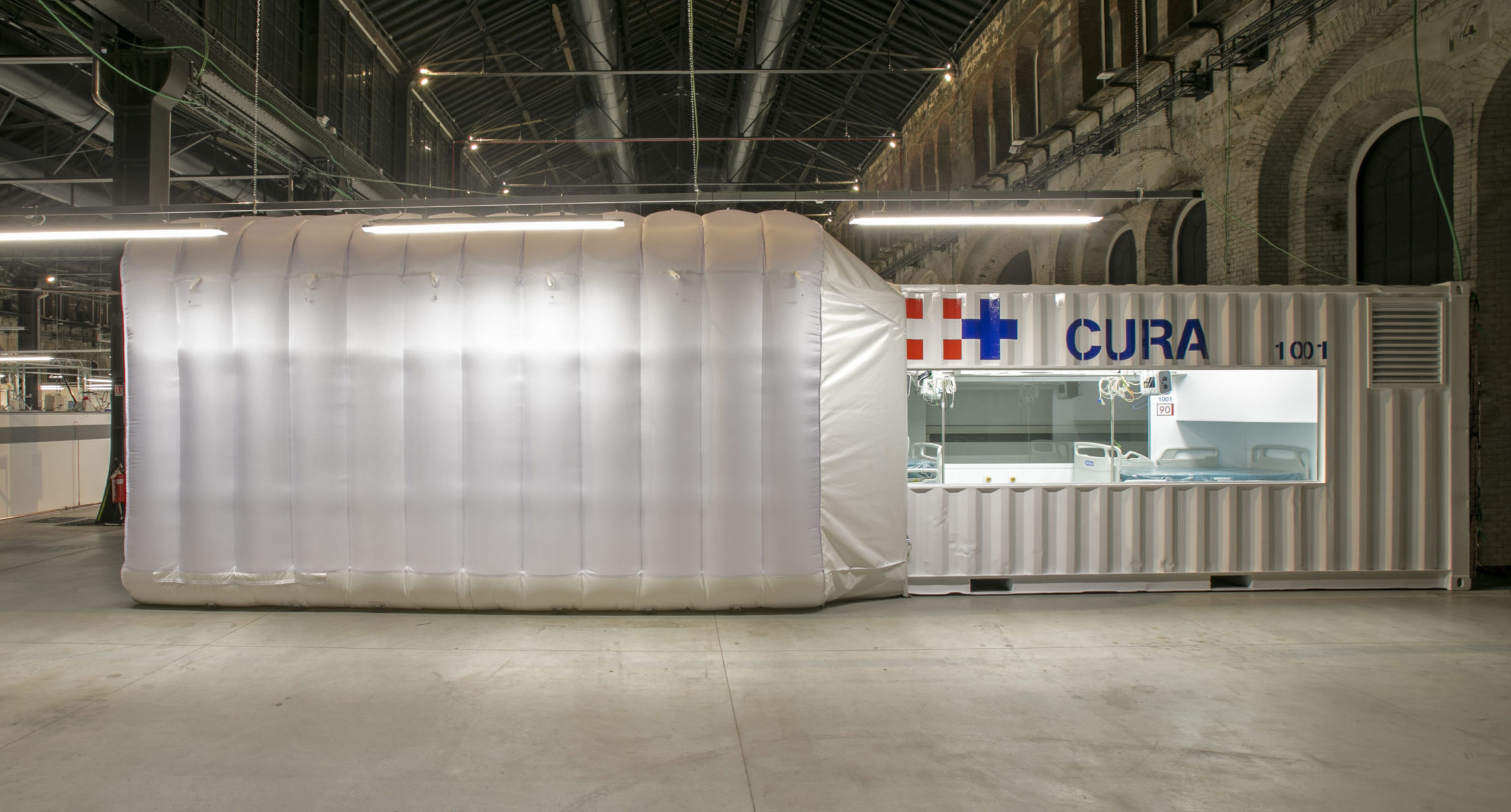
CURA by Carlo Ratti Associati, 2020 A+Award Winner in the Architecture +For Good category.
One winning project from last season’s program addressed the pandemic directly. Carlo Ratti Associati’s CURA, a plug-in intensive care unit constructed using shipping containers, was designed, constructed and deployed in a matter of weeks. While the construction industry has a reputation for moving at a snail’s pace, CURA is definitive proof that architects and design thinkers can have an immediate impact when new global crises take hold.
Alongside COVID–19, another global challenge looms large: Climate change continues unabated, and many firms are designing to address the world’s most urgent environmental concern. Among last year’s winners, Lake|Flato Architects’ Marine Education Center is an elegant showcase in the use of low impact materials in the pine flatwood forests of Ocean Springs, Mississippi.
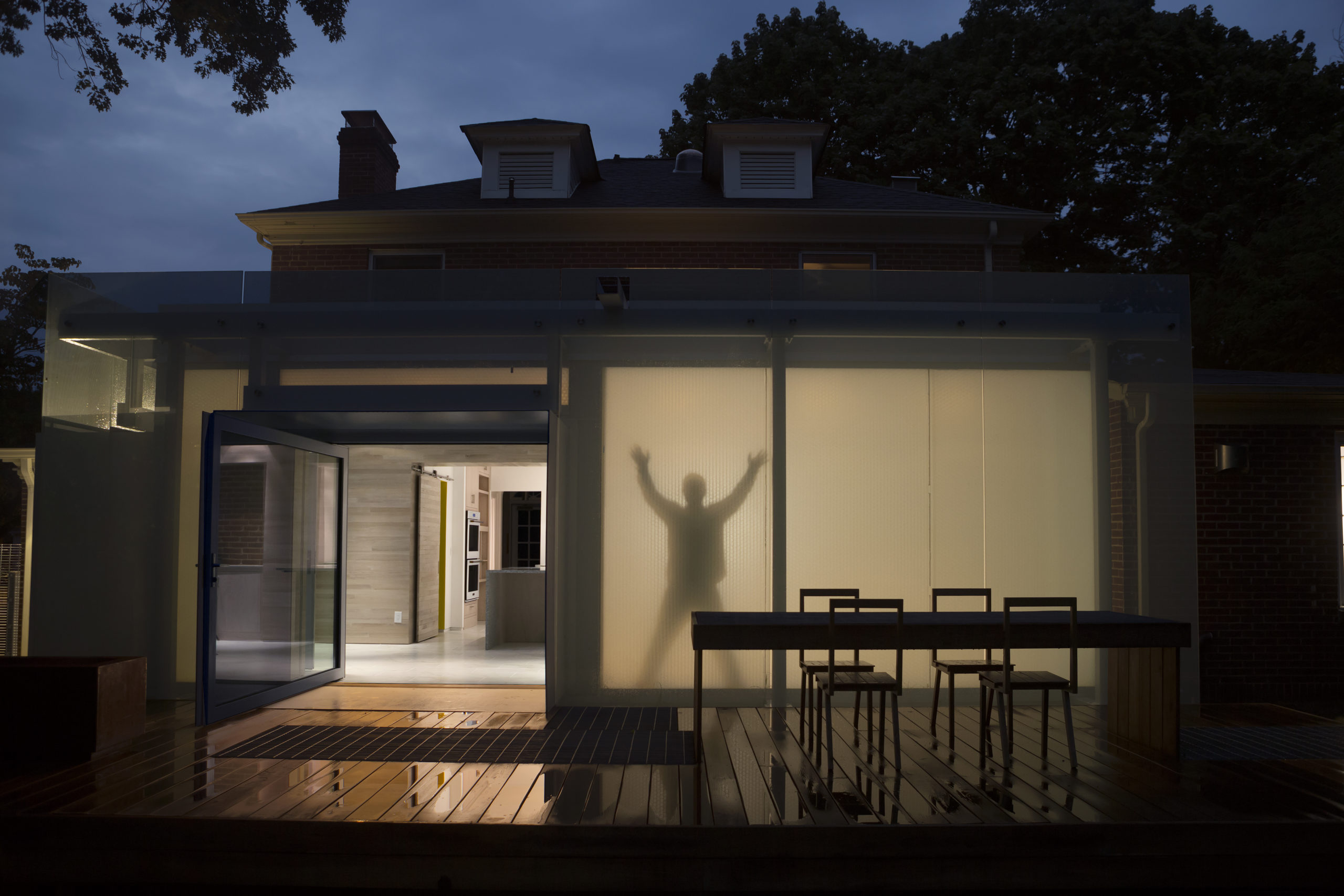
Bubble Wrap House by Amber Book, 2-time 2020 A+Award Winner in the Architecture +Glass and the Architecture +Climate Change categories.
Meanwhile, Amber Book’s experimental Bubble Wrap House employs unique translucent walls, challenging preconceived notions of energy efficiency and natural daylighting. On a grander scale, Turf Design Studio’s Sydney Park Water Re-Use Project harnesses both natural methods and technological details to provide the region with greater water security for decades to come.
Zooming out further still, rapid urbanization across the globe is presenting a very different form of challenge — how can cities be adapted to cater to larger populations and increasingly varied demographics? One way to build a solid foundation for the future is through well designed public spaces, exemplified by Brearley Architects and Urbanists’ Jiangyin Greenway, which weaves together miles of parkland with an undulating ribbon of paths, bridges and play areas.
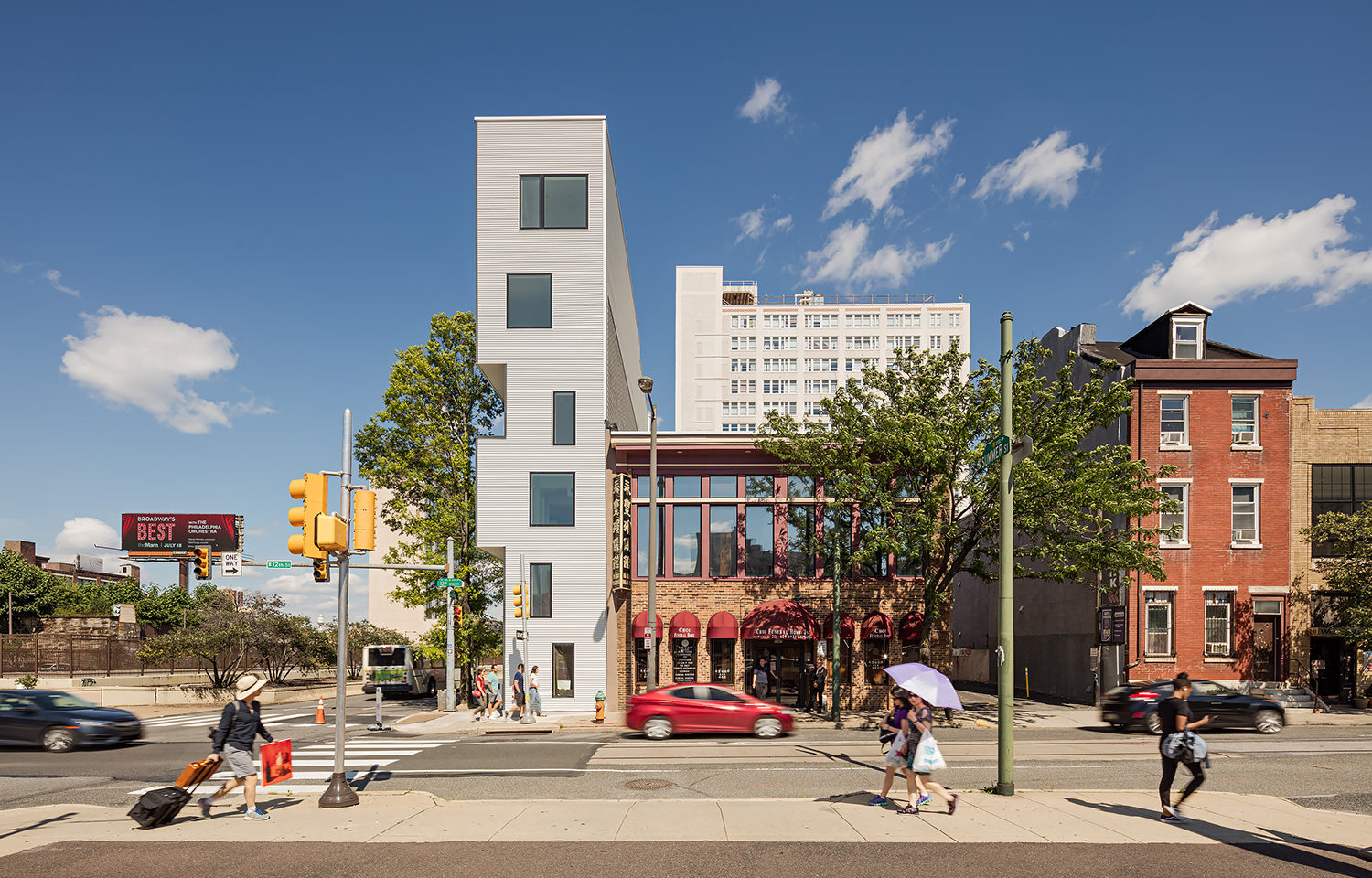
XS House by Interface Studio Architects, 2020 A+Award Winner in the Low Rise Multi Unit Housing category.
The addition of more well design, affordable housing is also essential, and last year’s A+Awards program showcased progress on this front, too — Interface Studio Architects‘ XS House utilizes an extraordinarily slender plot, cleverly dividing the volume to form a series of light and airy apartments in the heart of Philadelphia.
While these macro-level challenges are constantly evolving, at least one need remains a constant across the globe — the need for well designed community-based architecture, fostering greater social resilience in these trying times. First, Pingelly Recreation and Cultural Centre — a beautifully detailed timber building in Western Australia designed by Iredale Pedersen Hook Architects with ATC Studio — brings diverse communities together through sport and a host of other programmatic events.
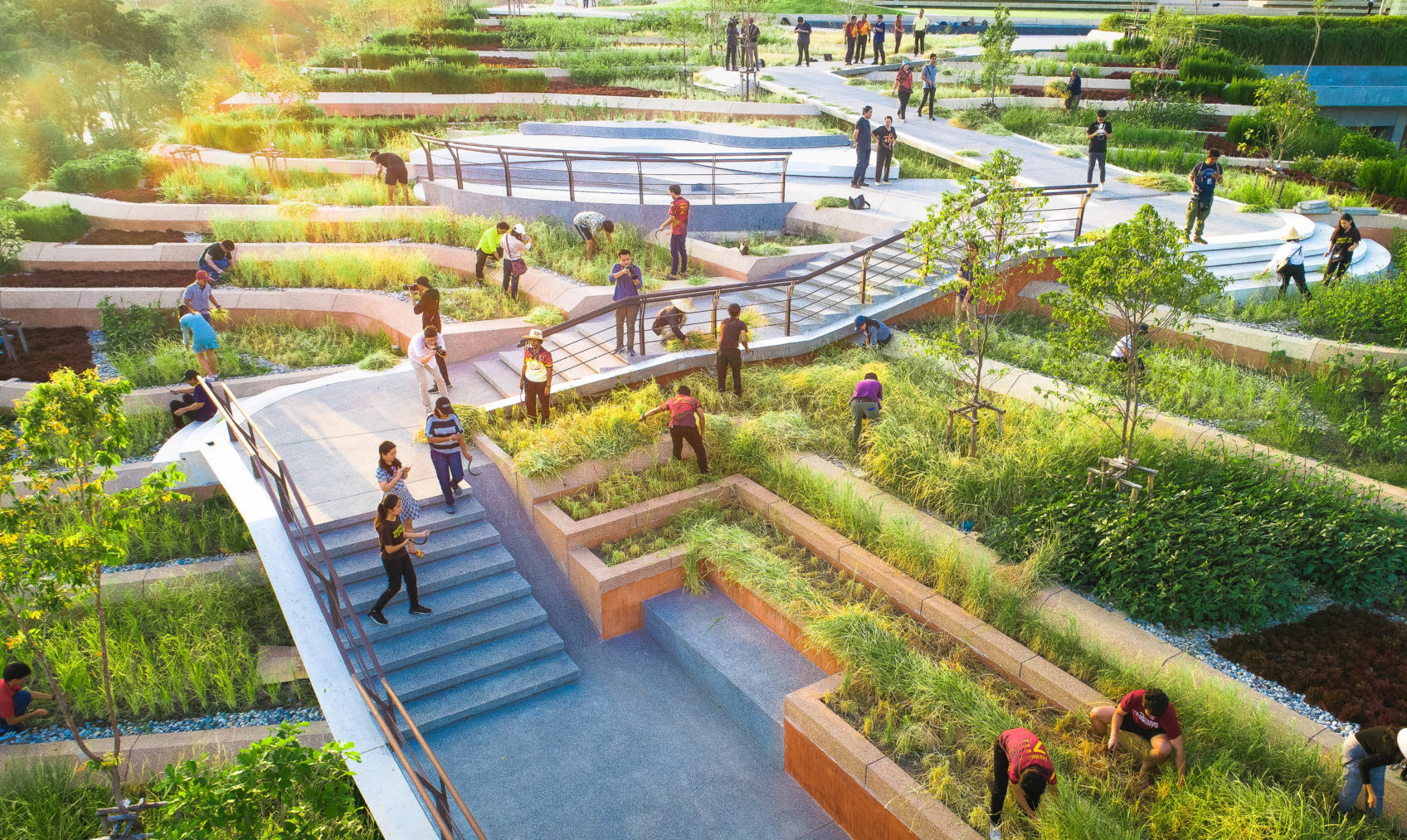
Thammasat University Urban Rooftop Farm by LANDPROCESS, 2020 A+Award Project of the Year and double winner in the Public Parks category.
Similarly, archimania’s Ballet Memphis project was designed as a social catalyst, welcoming the public to engage in artistic movement through an open, accessible layout. Shifting scales, Bangkok-based firm LANDPROCESS created the world’s most epic example of communal agriculture, repurposing more than 230,000 square feet of unused roof space at Thammasat University to create Asia’s largest organic rooftop farm.
These projects are game changers in their own way, but even the most successful architects cannot afford to rest on their laurels. 2021 has brought with it the continuation of existing challenges and the emergence of new ones. The need for safe working environments and improved healthcare facilities will remain crucial in the post-pandemic era, while extreme weather events like the winter storms of Texas just go to show how more climate-resilient designs are critical to the future of cities in the U.S. and beyond.
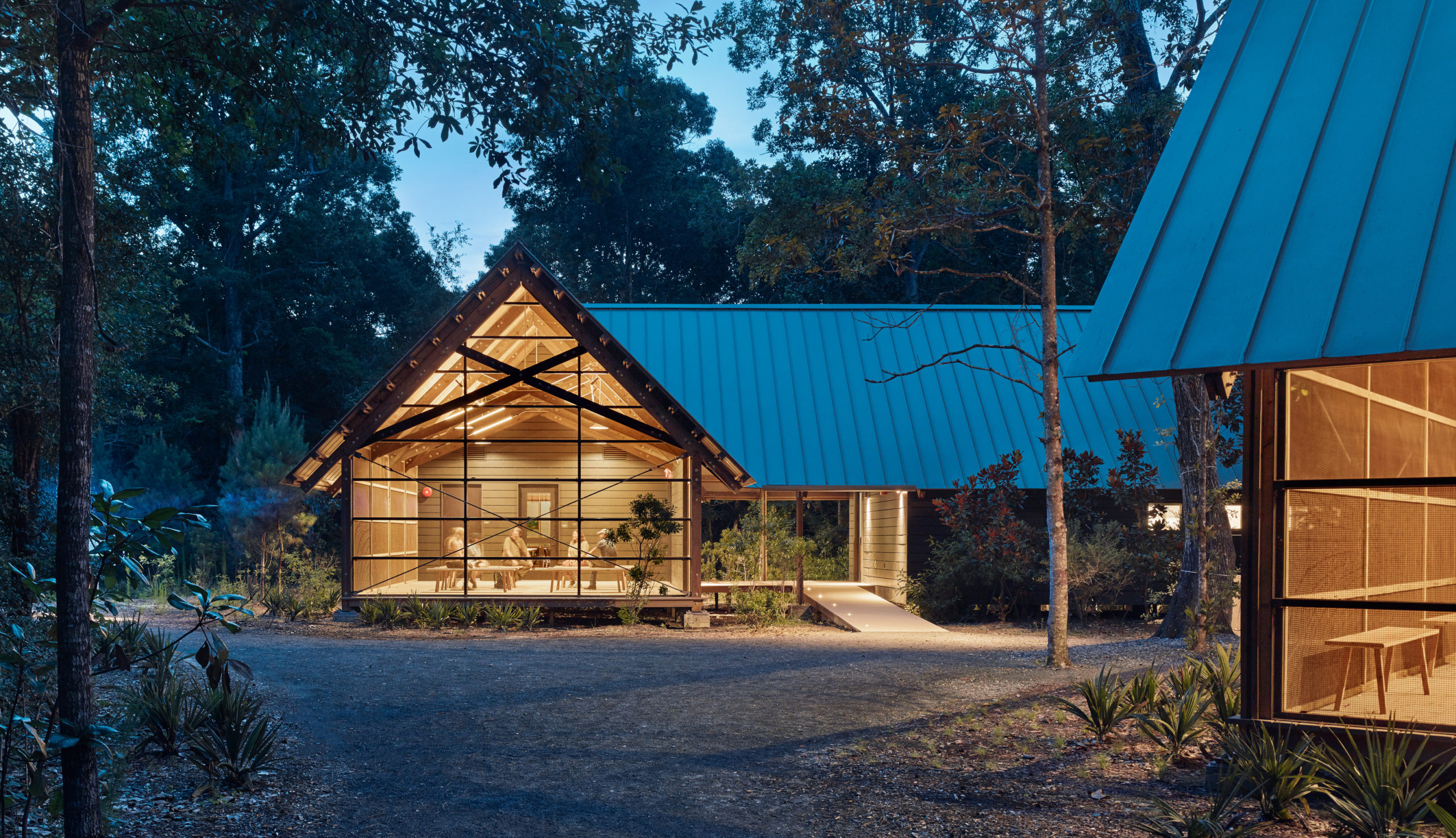
Marine Education Center at the Gulf Coast Research Laboratory by Lake|Flato Architects, 2020 A+Award Winner in the Architecture +Climate Change category.
With the world in a constant state of change, and the creative processes of architects must change with it. Firms that show a willingness to continually adapt their approach to detailing, specification, planning and delivery of projects are most likely to thrive in the coming days. Most significantly of all, the architects that possess these flexible qualities in their work will be able to provide innovative, practical solutions that meet the emerging needs of their clients and the wider public.
It is these architects that deserve to be celebrated, those whose projects serve as a blueprint for the buildings and cities of tomorrow — no matter what the future holds.
If you have a project that could serve as a positive case study for others in the profession, be sure to submit it for an A+Award before the Main Entry Deadline on March 12 this year.
We can’t wait to share your work with the world!
